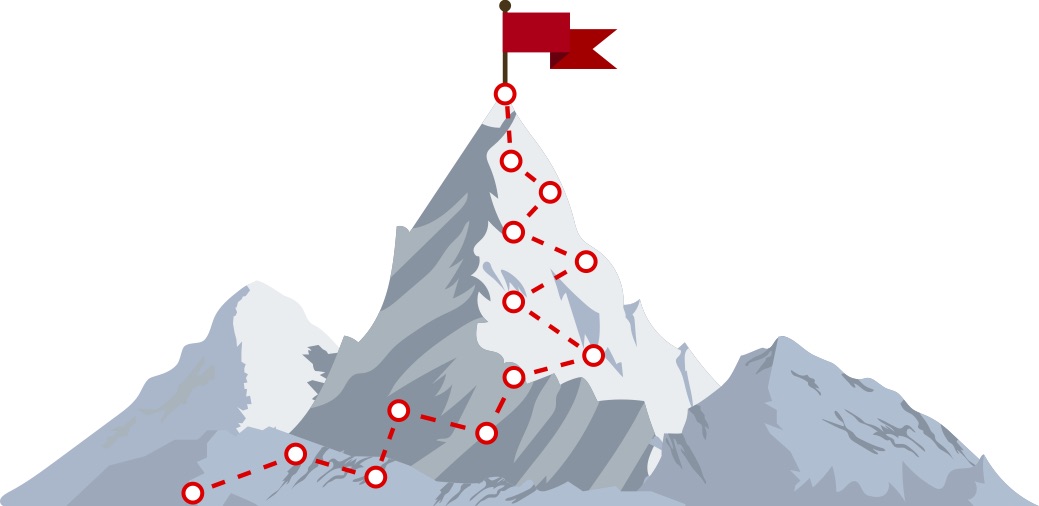- Imprimer
- Partager
- Partager sur Facebook
- Partager sur X
- Partager sur LinkedIn
Soutenance
Le 13 octobre 2017

Le Revenu de Solidarité Active (RSA) au prisme de ses catégories formelles : pour une évaluation critique du dispositif
Jury :
- Mr François Legendre (Rapporteur), Professeur, Université Paris-Est-Créteil Val-de-Marne
- Mr Richard Sobel (Rapporteur), Professeur, Université de Lille-1
- Mme Évelyne Serverin (Examinatrice), Directrice de recherche au CNRS
- Mr Michel Rocca (Examinateur), Professeur, Université Grenoble-Alpes
- Mr Bruno Lamotte (Directeur de thèse), Maître de Conférences HDR, Université Grenoble-Alpes
Résumé : le Revenu de Solidarité Active (RSA) a suscité un vif intérêt dans la communauté scientifique, mais son évaluation s’est focalisée sur son impact sur les taux de retour à l’emploi et sur la pauvreté laborieuse. Dans ce contexte, la thèse construit une évaluation critique du dispositif : nous montrons son incapacité à prendre en charge la position contradictoire dans laquelle sont placés les bénéficiaires. Ceux-ci sont en effet confrontés à des conditions de valorisation de la force de travail structurellement difficiles, et dans le même temps le dispositif organise, par différents moyens, la centralité de l’emploi. Dans le premier temps de la démonstration, la thèse met en discussion les catégories de travail construites par le marxisme critique de Moishe Postone et par Hannah Arendt. Grâce à cette démarche théorique nous comprenons que le RSA redéfinit les statuts d’activité des bénéficiaires autour d’une mise en scène de la nécessité du retour au travail. En parallèle, nous sommes amenés à saisir théoriquement et empiriquement la place contradictoire du travail dans le capitalisme contemporain : source de la richesse sociale certes, mais également ébranlé par des conditions de valorisation de la force de travail toujours plus difficiles. Dans le second temps de la démonstration, nous mettons en oeuvre le suivi d’une cohorte de ménages bénéficiaires dans le département de l’Isère entre 2010 et 2012. L’analyse descriptive et la modélisation des mobilités et des trajectoires nous conduisent à constater l’extrême diversité des parcours individuels. À côté des usages transitoires du dispositif qui sont majoritaires, nous constatons que les parcours sont heurtés, et lorsqu’ils montrent une stabilité c’est souvent au profit d’un maintien dans les marges du marché du travail. Nous illustrons l’incapacité du RSA à rassembler, derrière l’emploi comme standard uniforme, la grande diversité des bénéficiaires.
Summary : The French "Revenu de Solidarité Active" (RSA) generated a great deal of interest in the the scientific community, focused mainly on its impact on labor force participation and on working poor. In this context, the thesis looks for a critical assessment of the device: we show its inability to take over the contradictory position in which the beneficiaries are placed. Those are confronted with structurally difficult conditions for the exploitation of the labor force, and at the same time the RSA organizes, through various means, the centrality of employment. Firstly, the thesis discusses the categories of work, constructed by the critical Marxism of Moishe Postone and by Hannah Arendt. Thanks to this theoretical approach, we understand that the RSA redefines the beneficiaries’ labour statuses, around a staging of the need for a return to work. Simultaneously, we show theoretically and empirically the contradictory position of work in contemporary capitalism: source of social wealth, certainly, but also undermined by increasingly difficult conditions for the exploitation of labor power. Secondly, we implement a follow-up of a cohort of beneficiary households in the department of Isère, between 2010 and 2012. Descriptive statistical analysis and the modeling of mobilities and trajectories lead us to show diversity of individual paths. In addition to the temporary uses of RSA, which constitute a majority, we note paths are broken, and when they show stability, it is often in labor market’s margins. Finally, we show that the RSA fails to gather, behind employment as an uniform standard, the great diversity of beneficiaries.
Date
10h00
Localisation
Salle 110
- Imprimer
- Partager
- Partager sur Facebook
- Partager sur X
- Partager sur LinkedIn